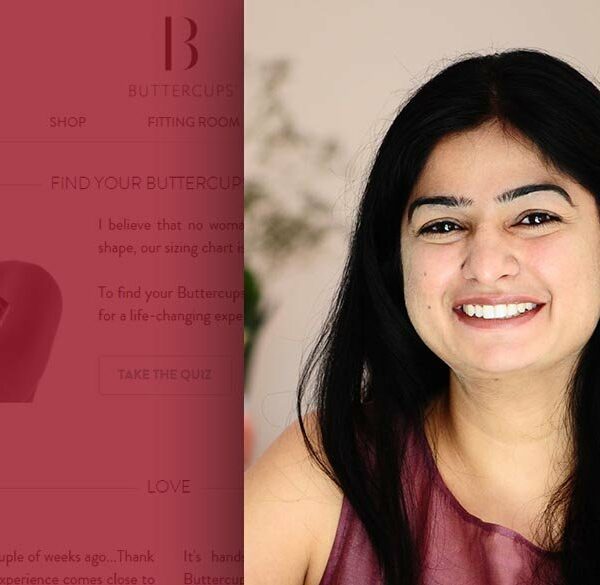A tip for all the soon-to-be moms! If you are freaking out about the truckload of responsibility that will follow the birth of your baby, grab a glass of water and take a deep breath. Because for a healthy child, in addition to taking care of your physical health, it is very important for you to also keep your emotional health in check.
According to a recent study, even the mildest of long-term depressive symptoms among mothers can be connected with the emotional wellbeing of young children. These symptoms might seem trivial on the surface, but could lead to hyperactivity, aggressiveness, and anxiety, in children.
While depression and other mental health issues have slowly and steadily made their way into mainstream health care discussions, there is a lot that still needs to be talked about.
The latest study investigated how the depressive symptoms of both parents affected the child by the age of two and five. According to the findings published in the Journal of ‘Child Psychology and Psychiatry,’ the father’s depressive symptoms seem to affect the child’s emotional health only if the mother is depressed too. However, the mother’s symptoms affect the child even if the father did not show any signs of a depressed mind. This study was conducted in Finland where moderate depressive symptoms could be observed in over 20 per cent of parents.

“Depression among parents both during and after pregnancy not only affects the person suffering from depression but also has a long-term impact on the well-being of the newborn child. Even in cases of mild depression, it is important that the symptoms are identified and the parents are offered support as early as possible, if necessary already during the pregnancy,” researcher Johanna Pietikäinen from the Finnish Institute for Health and Welfare explained.
As magical as the experience childbirth is, it leaves many women with postpartum depression. It can trigger some very powerful emotions, including excitement, joy, fear, and anxiety. Depending on the intensity of this emotional roller coaster, these feelings often manifest into depression.
This condition commonly includes mood swings, crying spells, anxiety, feeling overwhelmed, appetite problems, and sleeplessness.
And before you start freaking out about this too, please know that this is quite common and can happen to the best of us. Hollywood celebrities like Gwyneth Paltrow, Drew Barrymore and Courteney Cox have been open about their struggles with PPD.

Fun fact- American model Chrissy Teigen ate her placenta at her placenta after giving birth to her son to combat postpartum depression. (insert her photo)
According to Pietikäinen, in families, depression experienced by the mother has a key impact on the child’s well-being.
“Attention should be paid to depressive symptoms among mothers over a longer period: from the pregnancy through to the end of the child’s first year of age,” she added.
The study also suggested that it is important to monitor the mental well-being of both parents during pregnancy and after the birth of the child. If one parent shows symptoms of depression then the symptoms of the other parent should also be examined and taken into consideration.
Some of the significant risk factors are considered to be sleep deprivation during and after pregnancy, stress, anxiety and a bad family environment. According to the findings, these most prominent risk factors were predictors for depression among both parents.When it comes to suffering from baby blues, new fathers are also exposed to the risk of PPD.
A research published in the journal of ‘Family Issues’ earlier this year, between 5 to 10 per cent of new fathers in the United States suffer from PPD. The study was led by UNLV Couple and Family Therapy professor Brandon Eddy.
“The expectations society gives to men of what they are supposed to be, what they are supposed to do, and how they do it was a significant factor on how many of these men chose to cope with life stressors. Because men are already less likely than women to seek professional help for depression, it is vital that the stigma of PPD decreases” the researchers pointed out.
The data collected as part of the study suggested that many dads felt pressured to espouse traditional “tough guy” stereotypes and found it difficult to express their emotions of confusion, exhaustion, helplessness and loneliness.
For new parents to be, it’s natural to feel anxious and jittery about bringing a whole new bundle of life into this world, it only means that you’ll be all the more careful with your little one. But while it might seem difficult to open up about these feelings, letting them out would make things better.












